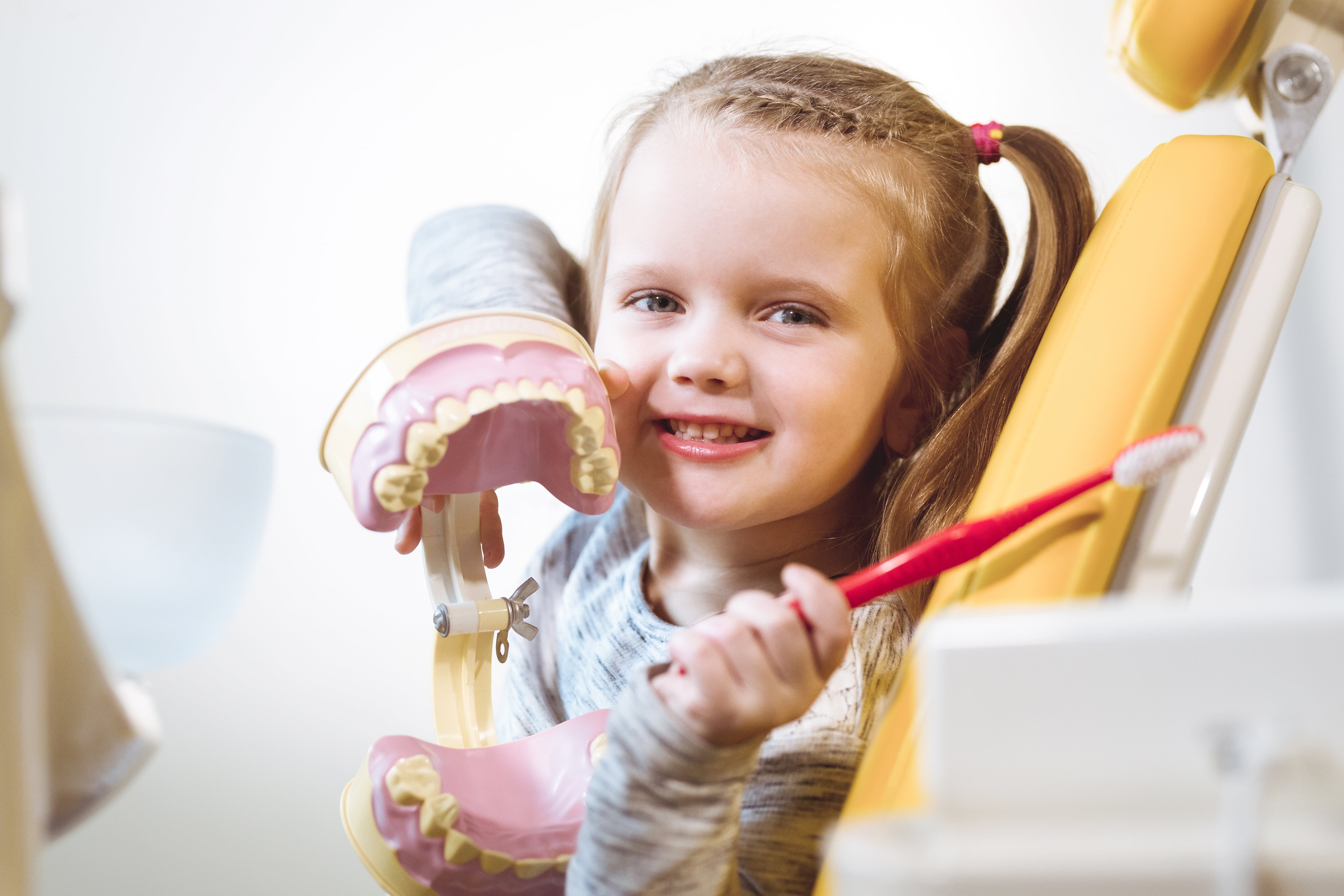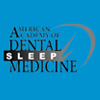Blog
Regular Dental Cleaning: Why You Should Care
Do You Care About Your Teeth? Make Regular Dental Cleaning a Priority
We’re often asked if regular dental cleaning and check-ups are necessary for those who have good at-home oral hygiene habits. Our answer? Yes!
Regular dental cleanings are a must for those who wish to have good oral health. Not only do they help keep your teeth and gums healthy and free from plaque, tartar, and surface stains, but they also allow you to identify and prevent problems that might become more serious in the future.
Dental exams and cleanings are an important part of your preventative oral care routine. They should always be completed by licensed, registered, and fully-trained professionals like our team at Smiles By Dixon. Want to learn more about the importance of those bi-yearly visits? We’ll discuss everything you need to know below.

The Importance of Regular Dental Exams and Cleanings
Regular dental visits are essential, no matter how good your at-home oral care is.
We all eat and drink. And when that happens, particles of food get stuck to our teeth where bacteria begin to break them down into acids. While this process may be normal, it can cause two major issues. The first is plaque – a sticky biofilm that can harden into tartar if not removed promptly. The second issue is acid, which is produced by the bacteria living in plaque and can eat through your tooth enamel, causing cavities, decay, and other oral health issues. When plaque and tartar cover your teeth or gums, acid can collect underneath it and eat away at your tooth.
Dental professionals use special tools and materials to remove plaque and tartar, which helps to prevent gum disease, bad breath, cavities, receding gums, and other problems. Additionally, your dentists can examine your jaws, face, neck, and throat to identify issues such as oral cancer while they are still treatable.
Who Needs Regular Dental Cleaning Visits?
The short answer? Everyone! From children just breaking their first teeth to seniors who no longer have their natural teeth, regular dental visits are important throughout every stage of life.
Children. Introducing young children to dental visits early in life will help them become comfortable with the cleaning process and ensure that their baby teeth are healthy, correctly placed, and stay in long enough that their adult teeth have time to develop. It’s important to supplement professional dental visits with good at-home oral health care. You can help your child brush for the first few years of their life, schedule regular dentist appointments, and provide a good example of oral healthcare in your home.
Childhood is also one of the most effective ages for orthodontic treatments as the jaw is more malleable and teeth move more willingly. Your dentist can help determine if your child will need corrective treatments to keep their teeth straight and healthy.
Adults. Young and middle-aged adults should continue seeing the dentist at least twice a year as both a preventative and corrective measure. Now is the prime time to ensure your teeth are healthy so that you can keep your natural teeth for as long as possible.
Seniors. Visiting the dentist as a senior may seem unnecessary, especially if you no longer have your natural teeth. However, even patients with dentures or implants should continue to schedule and attend regular dental visits as bacteria can still build up under and along the gums, causing gum disease and other health issues. Older patients are also more at risk for oral cancer, a problem that your dentist should be able to identify during routine check-ups.
What Is Involved in Regular Dental Visits?
Regular dental visits consist of three elements: an examination, a cleaning, and oral-health education.
The Examination. During your dental exam, the dentist will check your mouth for cavities, gum disease, and other common oral health problems. This may be done with X-rays. Your examination should be very thorough, covering not only your teeth and gums but also your tongue, throat, and face.
The Cleaning. A trained and skilled dental hygienist will then proceed to clean your teeth. If needed, they will use special tools to scale or remove hardened tartar from your teeth. When this is done, they’ll clean and polish your teeth with a gritty toothpaste that will remove any surface stains. Then they'll complete the cleaning with thorough flossing to ensure all areas of your mouth are clean.
Education. One of the most important elements of your dental visits is learning how to take better care of your mouth. Don’t hesitate to ask your dentist any questions you may have; they’ll let you know what you need to focus on for a better, healthier smile.
Types of Tooth Cleaning
Most dental practices offer various types of tooth cleaning for different situations. Some of the most commonly offered types include:
- Prophylaxis teeth cleaning. Prophy cleaning is the most common type of tooth cleaning. This is for patients who generally take care of their oral health at home and, as a result, just need surface cleaning and polishing. Most insurances will cover prophy cleaning as a preventative treatment.
- Gingivitis treatment. Gingivitis is a form of gum disease that can be reversed with the proper treatment. These cleanings are intended to remove plaque build-up on your teeth and below your gums to keep it from getting worse.
- SRP treatment. SRP stands for scaling and root planing. It is a tooth cleaning treatment designed for patients with a more advanced form of gum disease than gingivitis. SRP usually involves removing tartar and plaque above and below the gum line. It may also require the use of antibiotics.
- Periodontal maintenance. If gum disease has been allowed to go untreated for a longer period of time, the patient will require active monitoring and repeated treatments to keep the disease from worsening. Treatments include cleaning both above and below the gum line. They will usually occur more often than traditional bi-yearly dental visits.
The Benefits of Regular Dental Cleanings
You may walk out of your dental visit with a smile that feels brand new, but tooth cleanings offer many more benefits besides just brightening your pearly whites. When you keep up with your regular dental cleanings and exams, you can enjoy benefits such as:
- Fewer oral health issues. Regularly removing plaque and tartar can reduce your risk for painful gum disease and tooth loss.
- A more confident smile. A whiter, brighter, and straighter smile can help improve your self-confidence.
- Increased oral safety. Attending regular check-ups offers a greater chance of successfully identifying dangerous diseases and other issues – such as oral cancer – while they are still treatable and before they become painful.
- Cost savings. Preventative dental care is almost always more affordable than corrective or restorative treatments. Many dental plans also cover all or most of the cost of your regular dental visits. This means you often pay very little for your check-ups and exams.
- Greater rapport with your dentist. Getting to know your dental provider and team can help reduce dental anxiety and make treatments and procedures less stressful.
- Better overall health. Your overall health is directly impacted by your oral health – keeping your mouth and teeth healthy is better for your overall well-being.
- Retaining your natural teeth for a longer time. Tooth loss becomes more common as we age, but it is less likely to happen to strong, healthy teeth that have been properly cared for throughout their life. Taking good care of your teeth doesn’t guarantee they’ll last forever, but it does make it likely that you’ll get to keep them around longer.
- Emergency prevention. Regular maintenance can help prevent emergencies such as damaged, injured, cracked, or chipped teeth.
Skipping Dental Cleanings? Here’s What Might Happen
There are many reasons that patients may decide to skip their annual dental cleanings. Some people suffer from debilitating dental anxiety that makes it impossible to get help even when they desperately need it. Others may feel like they don’t have the time or money to justify a visit to the dentist when nothing appears to be wrong with their teeth. Wondering what might happen if you decide to forgo your dental cleanings?
Unsightly stains and bad breath
Plaque and tartar build-up can be the cause behind chronic bad breath and dull teeth. Because tartar is impossible to remove without special tools, skipping your dental appointments will allow plaque and tartar to build up, causing a vast array of problems – the least of which is bad breath.
Cavities, gum disease, tooth loss, and more
Untreated plaque and tartar build-ups often result in cavities on and between your teeth, which occur when bacteria and acid eat through your tooth enamel. Cavities are often sensitive or painful because the inner part of your tooth – usually protected by the enamel – has been exposed. Even small cavities require professional treatment to prevent them from getting worse.
Gum disease is another issue commonly resulting from tartar build-up. It occurs when plaque and tartar begin to irritate the gum line. This first stage, known as gingivitis, is treatable. However, if it is allowed to continue, it can quickly become periodontal disease, a painful condition in which pockets form around your teeth and fill with bacteria, plaque, and other contaminants. Untreated gum disease can result in tooth and bone loss and other health issues – it’s far easier and less painful to just attend your bi-yearly check-up!
Oral cancer and decreased general health
Bad oral hygiene can negatively impact your overall health. This is no surprise as your mouth is the entryway into your body. While the evidence isn’t conclusive, there is strong reason to believe that bad oral health is directly connected to strokes, heart disease, and some cancers.
Oral cancer is one condition that general dental visits can help alleviate. Oral cancer is common in people over the age of 40, but it can be identified by your dentist during a regular dental exam. In its early stages, oral cancer is usually not painful and can be treated.
Pregnancy complications.
Many expectant mothers worry that a visit to the dentist will harm their unborn child. However, the opposite is actually true. Due to the increase of hormones during pregnancy, expecting mothers are more susceptible to gum disease, which can be spread to their child through the bloodstream and lead to complications during birth. Pregnant mothers must keep up with their regular dental cleanings, both for themselves and their child.
It’s important to understand that dental cleanings aren’t just about polishing your teeth. Their greater purpose is to ensure your teeth and gums are healthy so you don’t need to experience any pain or invasive corrective treatments. Dental cleanings are an effective and cost-efficient preventative tool that everyone should utilize! Even if you brush and floss regularly, there is no replacement for your regular dental cleanings and exams.
How to Achieve the Best Oral Health
We’ve pointed out how necessary regular dental cleanings are. But now we should mention that they offer the best results when paired with a comprehensive at-home oral care routine. At-home oral care doesn’t have to be time-consuming – just a few minutes a day can make all the difference. Here’s what you should be doing in between dental appointments.
- Brush your teeth twice a day. Use a smear of fluoride toothpaste, a soft-bristled toothbrush, and gentle circular motions.
- Floss daily using a c-shaped curve around the base of your tooth. Try to use dental floss rather than dental picks for the best clean.
- Use fluoride mouthwash to flush away any residual bacteria and to freshen your breath.
- Eat a well-balanced diet consisting of fresh, whole foods.
- Try to avoid sugary snacks and drinks, especially in between meals.
- Stop smoking to help prevent gum disease, oral cancer, yellowed teeth, and more.
- Drink plenty of water throughout the day to stay hydrated, avoid dry mouth, and clean your teeth.
Your Friendly Gainesville Dentist
When you make regular dental visits a priority and supplement them with good oral hygiene at home, you can avoid a variety of oral health issues including bad breath, tooth decay, gum disease, and cavities and gain more self-confidence in your smile.
It’s never too late to want a healthier smile! No matter how long it’s been since your last appointment, our team will always be happy to see you. Contact our office to schedule your dental exam and cleaning today.
Looking for more oral health care tips and information? Be sure to visit our blog where you’ll find plenty of professional advice about how best to care for your teeth.










